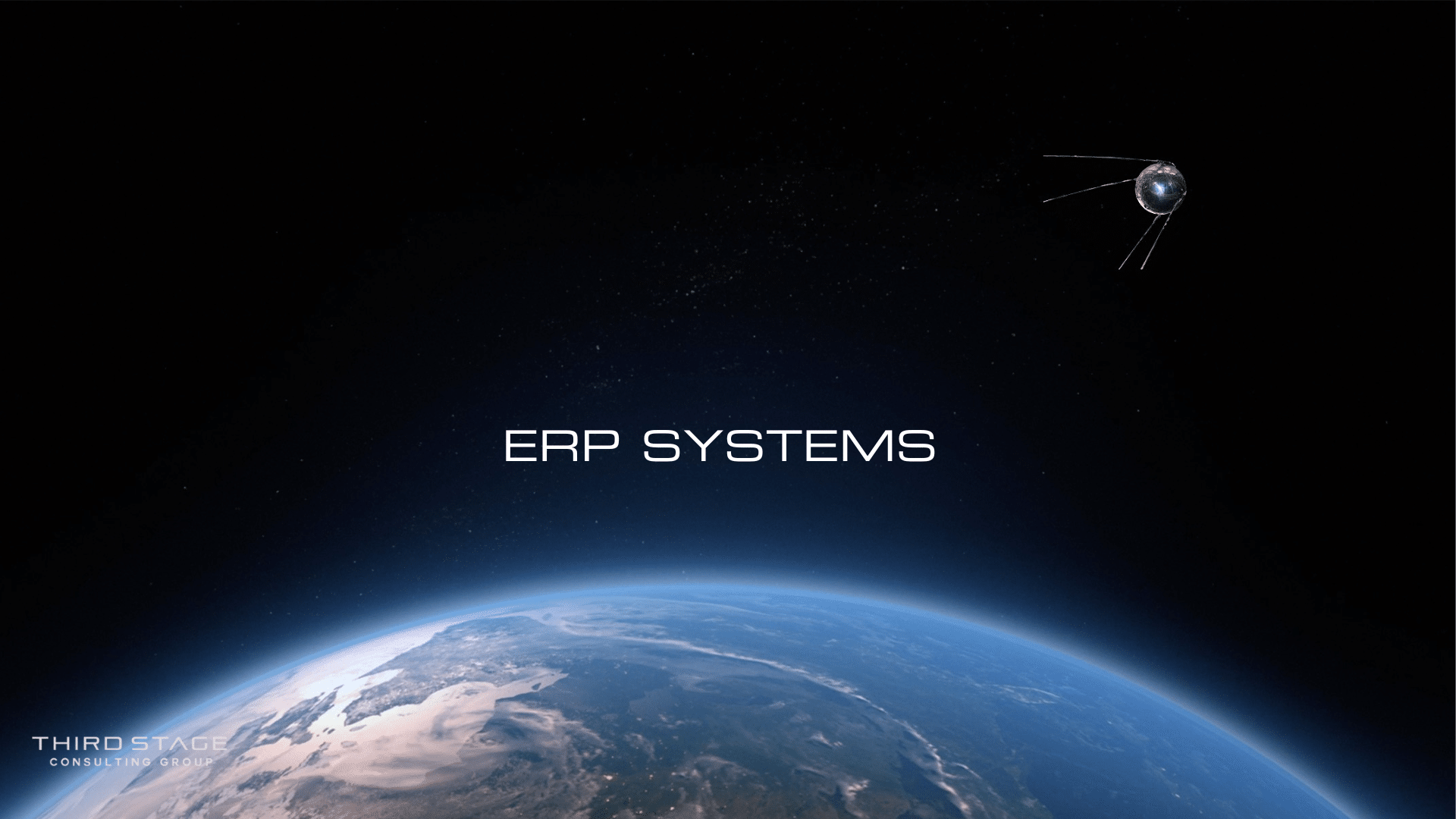In the ever-evolving world of enterprise resource planning (ERP), many companies instinctively gravitate toward well-known, “household name” solutions when searching for a new system. However, this tendency to prioritize big brands often leads to the oversight of emerging or smaller ERP vendors that might actually provide a better fit for certain organizations. Let’s dive into why businesses stick to big names, the missed opportunities this creates, and how alternatives like hybrid deployment models can offer innovative solutions.
Table of Contents
ToggleThe Allure of Big-Name ERP Vendors
Big ERP vendors like SAP, Oracle, and Microsoft Dynamics have established reputations that inspire confidence. Companies often see these systems as a “safe bet” because of their:
- Brand Recognition: A strong brand name equates to perceived reliability.
- Large Install Bases: The idea that thousands of other businesses trust these solutions reinforces their credibility.
- Comprehensive Marketing: Extensive marketing budgets ensure these names dominate discussions and evaluations.
But is this trust always justified? Evidence suggests that the success or failure of an ERP implementation is not directly correlated to the vendor’s brand. In fact, large-scale failures from big-name vendors often gain more attention simply because of the size and complexity of the companies involved, not necessarily due to the software itself.
The Missed Opportunities with Emerging ERP Systems
Emerging ERP vendors often get overlooked because they lack the visibility or extensive marketing campaigns of their larger competitors. Yet, these systems can provide significant benefits:
- Customization and Niche Solutions: Smaller vendors often excel in tailoring solutions for specific industries or unique business needs.
- Agility and Innovation: With smaller customer bases, emerging vendors can adapt quickly to feedback and deliver cutting-edge features.
- Cost-Effectiveness: These solutions frequently come with lower price tags and more flexible licensing options, making them appealing to small-to-mid-sized businesses.
Unfortunately, awareness remains a significant barrier. Companies simply might not know these options exist. This is why it’s crucial for businesses to expand their search and evaluate a broader range of systems.
The Game-Changing Potential of Hybrid Deployment Models
One notable innovation from smaller vendors like Priority Software is the introduction of hybrid deployment models. These models allow businesses to choose between cloud, on-premise, or a combination of both—a game-changer for organizations hesitant to fully commit to the cloud.
Benefits of Hybrid Deployment Models:
- Flexibility: Companies can transition to the cloud at their own pace, minimizing disruption to ongoing operations.
- Regulatory Compliance: For industries with strict data governance requirements, maintaining some systems on-premise can be critical.
- Cost Management: A phased migration to the cloud can help manage costs while avoiding the risks of a full-scale move.
- Tailored Solutions: Businesses can keep sensitive data on-premise while leveraging the scalability of the cloud for less critical processes.
For organizations in the early stages of digital transformation, this approach bridges the gap between traditional infrastructure and modern cloud-based solutions. It provides a pathway to modernization without the risks associated with a rushed, all-in-one migration.
Advice for Companies Evaluating ERP Options
If your organization is in the market for a new ERP system, consider the following steps to broaden your options and make an informed decision:
- Explore Beyond the Big Names: Seek out lesser-known vendors that might offer solutions tailored to your industry or specific needs.
- Evaluate Long-Term Fit: Focus on your organization’s goals, budget, and growth plans rather than just the popularity of the vendor.
- Leverage Hybrid Models: If full cloud migration feels overwhelming, look for systems offering hybrid options to ease the transition.
- Seek Expert Guidance: Work with independent advisors who can provide unbiased insights and help you navigate the ERP landscape.
Conclusion
While big-name ERP vendors dominate the conversation, they’re not always the best choice for every business. Emerging ERP systems and innovative features like hybrid deployment models provide compelling alternatives that can better align with your company’s unique needs. By widening your search and embracing flexibility, you can position your organization for a more successful digital transformation. Remember, the best ERP solution isn’t necessarily the most famous—it’s the one that fits your business like a glove.





